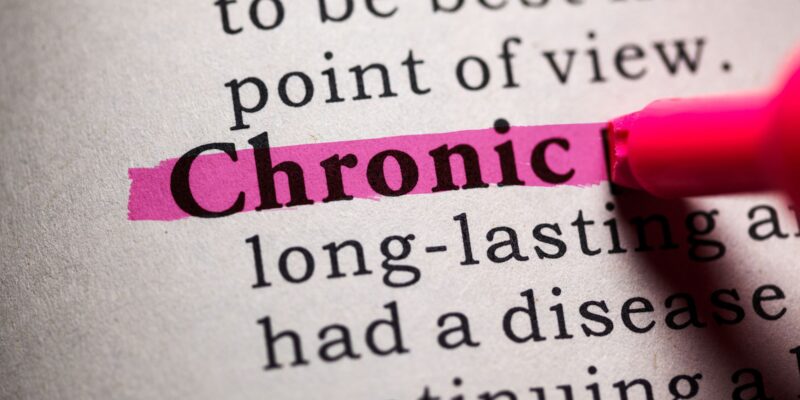Sleep isn’t just about feeling rested—it’s essential for brain function. Could your sleep struggles be…

What Is the Difference Between a Pediatric Neurologist and a Pediatric Epileptologist?
If your pediatrician suspects that your child has epilepsy, they are going to refer you to see a specialist. There are two types of pediatric specialists that can help you manage your child’s epilepsy. One is a pediatric neurologist. The other is a pediatric epileptologist. While the two specialties are similar, they are not the same.
What Is a Pediatric Neurologist?
A pediatric neurologist is a doctor who treats brain and neurological disorders in pediatric (ages 18 and under) patients. Neurologists treat a variety of disorders. They include, but are not limited to:
- Childhood stroke
- Autism
- Developmental delays
- Epilepsy
- Seizures
- Tics
- Tourette Syndrome
- Attention Deficit Disorder/ Attention Deficit Hyperactivity Disorder
What Is a Pediatric Epileptologist?
A pediatric epileptologist is a doctor who treats seizures and epilepsy in pediatric patients. Pediatric epileptologists are neurologists, so they have extensive training in the brain and neurological system. They hold a sub-specialty in treating epilepsy.
Does My Child Need a Neurologist or an Epileptologist?
That is a great question. Because they are sub-specialists, there are fewer pediatric epileptologists than there are pediatric neurologists. So, it may be quicker to get your child in for an evaluation with a pediatric neurologist.
The pediatric neurologist can order testing to help determine whether your child has epilepsy. Part of that testing will involve looking for other potential causes of the seizures. Once they have ruled out other causes, then they may make an epilepsy diagnosis.
The pediatric neurologist is also qualified to begin treating epilepsy. Many pediatric patients respond well to their initial medications and can develop a routine that helps them avoid seizures almost completely.
When to See an Epileptologist?
However, not all patients are so fortunate. Epilepsy can be an extremely debilitating disorder that impacts quality of life. For those patients, it may take more trial-and-error to find the right approach for treating their seizures. An epileptologist’s specialized knowledge can help fine-tune a treatment and reach a solution more quickly. The epileptologist can also help make a decision about whether a surgical intervention could help the patient.
Can a Doctor Be Both?
Not only is it possible for a doctor to be both, it is actually necessary. Because epileptology is a subspecialty of neurology, epileptologists have to be neurologists. So, if you are seeing a pediatric epileptologist, then you are seeing a pediatric neurologist. However, some pediatric epileptologists focus only on treating patients with seizures and do not treat children with other neurological disorders.
Neurology Knowledge Center – What is a Pediatric Neurologist and a Pediactric Epileptologist



